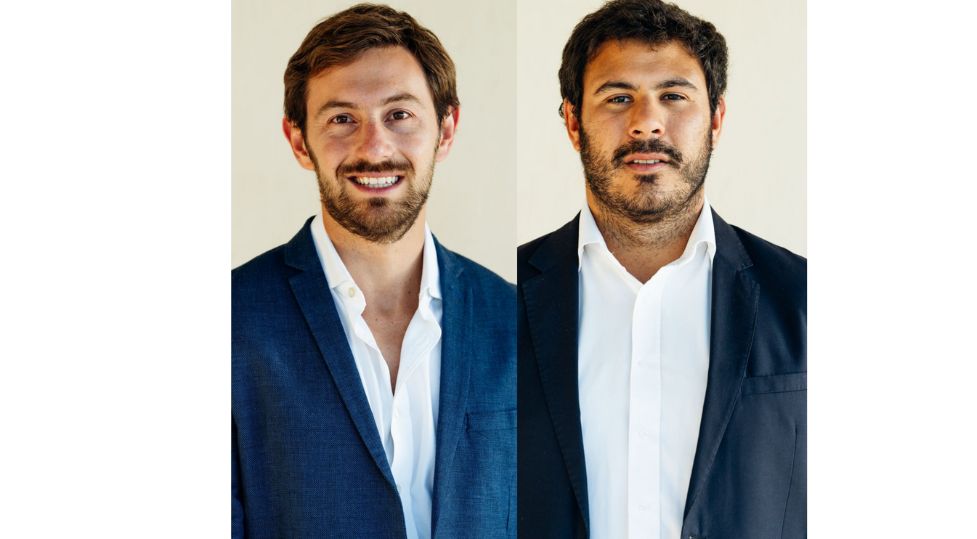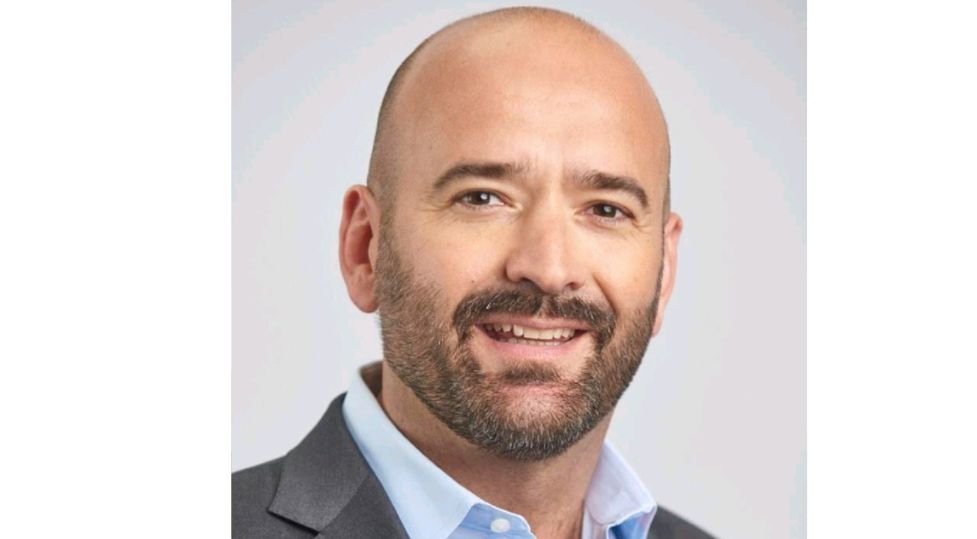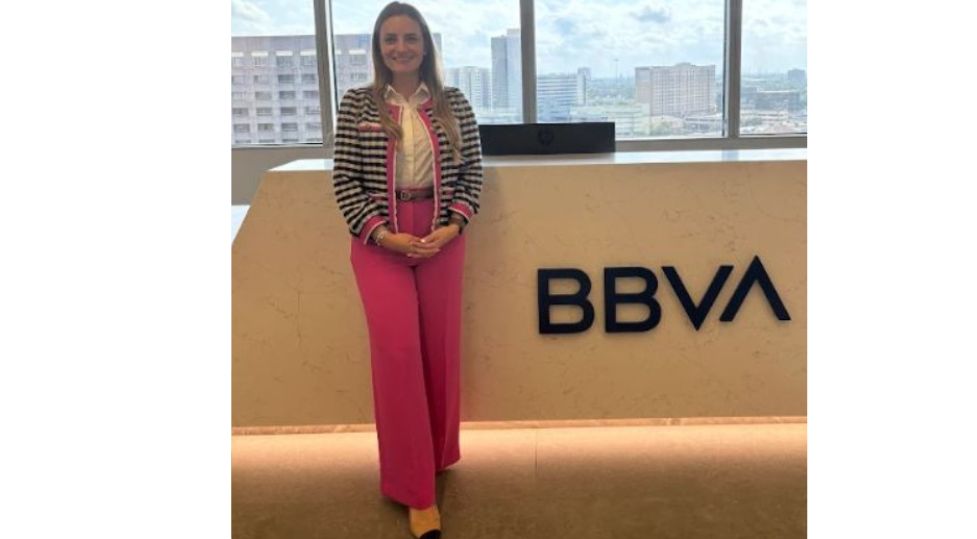AMCS Group Strengthens the Structure of Its US Offshore Sales Team
| By Amaya Uriarte | 0 Comentarios

The firm has appointed Álvaro Palenga as Head of US Offshore Advisory Sales, effective immediately, while Daniel Vivas, Associate Sales Director, will be relocated to Miami and will join the U.S. offshore team starting in early 2026, reporting to Palenga.
The new structure was designed to strengthen the company’s presence within the independent advisory channel and to more effectively coordinate its efforts in key regional markets in the Southwest and Northeast, according to a statement released by the group.
Alongside Palenga’s leadership appointment, he will take responsibility for the New York market, initially working alongside Chris Stapleton, Co-Founder and Managing Partner of AMCS. Palenga’s promotion follows a successful track record in driving the firm’s growth in the Florida market over recent years.
AMCS has observed that some of the largest teams from wirehouses and global banks increasingly operate from both New York and Miami. According to the firm, Álvaro Palenga will be instrumental in covering these multi-location teams to deepen AMCS’ presence in the New York market and sustain the firm’s momentum in this strategic segment.
As part of this initiative, Vivas will help drive growth in the independent advisory channel in Miami, while also assuming full coverage responsibility for the Southwest region.
Daniel Vivas initially joined AMCS in May 2024, based in Montevideo, focusing on Southern Cone sales. Over the course of his career, he has developed deep expertise in addressing the specific needs of the independent advisory segment, and his relocation to Miami will further enhance the firm’s ability to deliver quality support to advisors across the region, according to the statement.
In his expanded role, he will cover all clients, including wirehouses and global banks in the Southwest region, which includes the cities of Houston, San Antonio, McAllen (Texas), Tucson (Arizona), and San Diego (California).
“We are excited about these upcoming team enhancements. The addition of Dani Vivas to our U.S. offshore team demonstrates our commitment to increasing the market share of our partners in the independent advisory segment, which has been growing in both scale and relevance,” said Andres Munho, Co-Founder and Managing Partner of AMCS Group.
For his part, Chris Stapleton, Co-Founder and Managing Partner of the firm, added: “We are fortunate to have an excellent fund offering through AXA IM/BNP Paribas, Jupiter Asset Management, and Man Group, and we expect this new structure to continue driving the outstanding results achieved during 2025 into 2026 and beyond. I’m also excited to work alongside Álvaro to support the continued growth of our business in the Northeast.”








